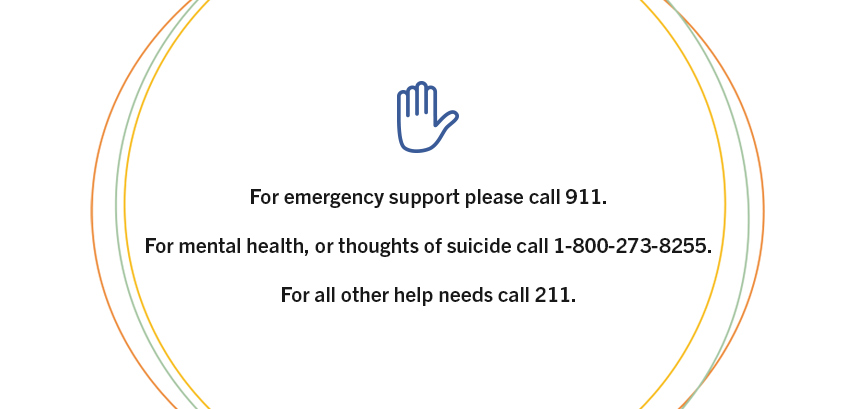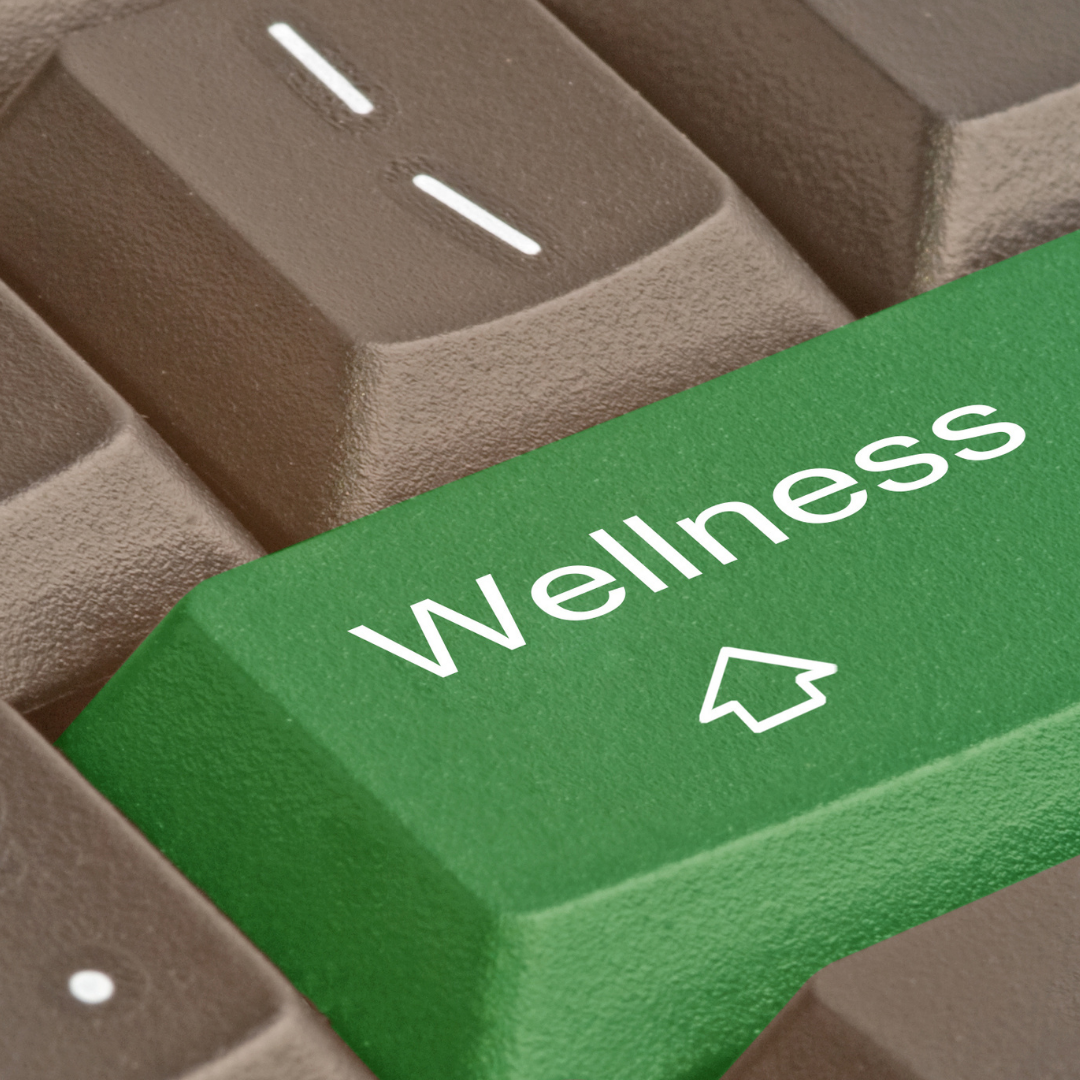February is Marijuana Awareness month, a time that the marijuana industry uses to promote its product. We at Makin’ It Happen wanted to take the opportunity to counter the industry’s narrative of a harmless and natural product to give folks a factual picture of the true nature of Big Marijuana.
First things first, legalization and commercialization are not the same things! New Hampshire decriminalized Marijuana several years ago. This means that marijuana is no longer a criminal offense in the state of New Hampshire as well as most states in the US. If an individual has marijuana in their possession here in New Hampshire they may incur a small fine much like a speeding ticket.
The argument for legalization often centers on our nation’s history of discriminatory drug laws and selective enforcement. Yes, there have been drug laws that aim to discriminate against marginalized populations such as youth and minorities. We should not use marijuana legalization as an excuse to not address the injustices that are embedded in our system. Legalizing marijuana is a poor remedy to fix systemic prejudice at the cost of the health of traditionally marginalized populations.
The use and sale of marijuana for any purpose is currently illegal under federal law. However, in 2012 several states legalized the commercial sale of marijuana. Despite this, dozens of other states including New Hampshire—have continued to reject marijuana commercialization. Commercialization is having and will continue to have negative impacts on communities where it is sold because these often already marginalized and under-resourced communities now must deal with the negative impact of BIG MARIJUANA.
Big tobacco and big marijuana are cut from the same cloth and history will repeat itself. Smart Approaches to Marijuana (SAM) shows how states that legalized marijuana have the highest rates of marijuana use in the country, and use is sharply increasing in vulnerable demographics, like youth and young adults whose brains are still developing. These states also have according to a 2020 report by SAM:
- Higher rates of marijuana-related driving fatalities.
- Issues with “legally” sold, but contaminated, marijuana vapes.
- More marijuana-related emergency department visits, hospitalizations, and accidental exposures.
- Expansive and lucrative criminal markets.
- Exacerbated racial disparities in marijuana industry participation and criminal justice enforcement.
- Increases in workplace problems, including labor shortages and accidents Kevin Sabet from Smart Approaches to Marijuana takes a deep dive into The False Dichotomy of Legalization and Criminalization in his TEDx Talk.
Beyond the decriminalization and legalization aspects of marijuana. We need to talk about how marijuana is not a harmless substance. The evidence is clear marijuana negatively impacts brain development. Our brains are built from the bottom up and are still developing through our early to mid-twenties.
Today’s marijuana is far more potent than in the past. The average THC, the intoxicating compound of marijuana, has dramatically increased, from 4 to 6 percent in traditional marijuana to as high as 95 percent in edible products. Big Marijuana would bring in high potency marijuana-based oils and tinctures, and edible products such as marijuana-infused candy and baked goods, again making the dangerous drug more accessible and appealing to our youth.
Our partners at SAMHSA break down some of marijuana’s risks of use
Approximately 1 in 10 people who use marijuana will become addicted. When they start before age 18, the rate of addiction rises to 1 in 6.
🧠 Brain health: Marijuana can cause permanent IQ loss of as much as 8 points when people start using it at a young age. These IQ points do not come back, even after quitting marijuana.
💚 Mental health: Studies link marijuana use to depression, anxiety, suicide planning, and psychotic episodes. It is not known, however, if marijuana use is the cause of these conditions.
🏃 Athletic Performance: Research shows that marijuana affects timing, movement, and coordination, which can harm athletic performance.
🚗 Driving: People who drive under the influence of marijuana can experience dangerous effects: slower reactions, lane weaving, decreased coordination, and difficulty reacting to signals and sounds on the road.
👶 Baby’s health and development: Marijuana use during pregnancy may cause fetal growth restriction, premature birth, stillbirth, and problems with brain development, resulting in hyperactivity and poor cognitive function. Tetrahydrocannabinol (THC) and other chemicals from marijuana can also be passed from a mother to her baby through breast milk, further impacting a child’s healthy development.
🗓️ Daily life: Using marijuana can affect performance and how well people do in life. Research shows that people who use marijuana are more likely to have relationship problems, worse educational outcomes, lower career achievement, and reduced life satisfaction.
Advocacy is one of the most powerful tools available to prevent the commercialization of marijuana here in the granite state. Our partners at New Futures are working diligently to advocate againsgt the commercialization of Marijuana here in New Hampshire. To learn more about their work and how you can help visit New Futures | We advocate for a healthy New Hampshire (new-futures.org)
Big Marijuana is not right for the Greater Manchester region or New Hampshire. If you or someone you know needs support to stop using substances like marijuana, call 211 and be connected to your nearest Doorway.



